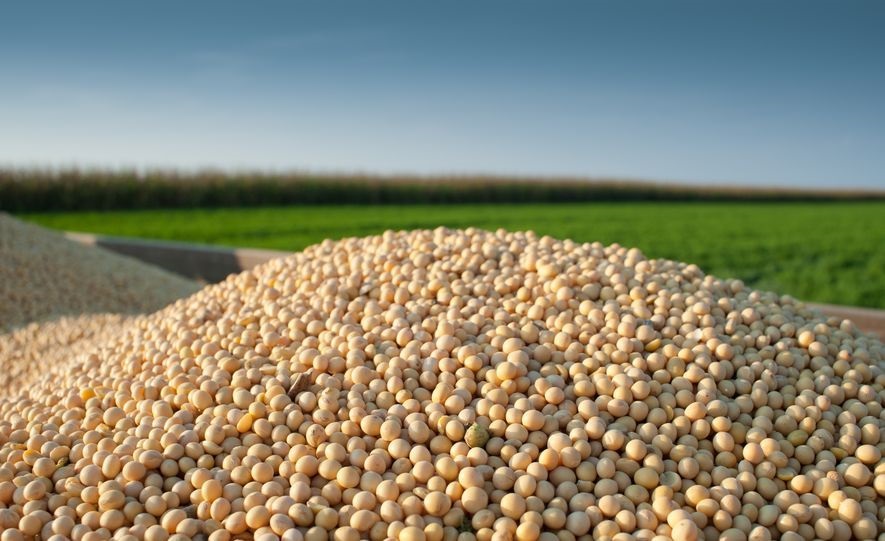Experts tip govt on legume prices
Experts have urged government to search for sustainable external legume markets that will offer better prices to diversify the economy away from tobacco which remains the country’s main foreign exchange earner.
The move follows this year’s record high prices for legumes, particularly soya beans, which benefited majority of small-scale farmers.

In an interview on Friday, Lilongwe University of Agriculture and Natural Resources agricultural economist Horace Phiri said legume prices in the country are volatile and to sustain them, there is need to expand markets.
He said that demand and supply take a toll on the sustainability of production and prices on the market, adding that this underscores the need for aggressive search for external markets.
Phiri said local markets remain limited and are rigid to expansion.
He said: “Due to better outcomes this year, production for next year will see farmers responding by growing more soya beans, including other legumes and prices might be suppressed.
“However, to sustain better prices as experienced this year, we need to seek more external markets. We should increase value addition to fetch untapped external markets”.
Phiri explained that Malawi is one of the main producers of legumes in the southern Africa region, but the lucrative regional market has over the years been left to informal traders.
He said this year’s good prices for legumes follow government’s push for the formalisation of trade through export mandates and results are indicating that Malawi is now earning more from exports of non-traditional crops.
However, Phiri said legumes cannot replace tobacco, but rather supplement earnings from the crop as government has signalled that tobacco will be grown for more years to come.
Due to the Covid-19 pandemic, various value chains have been disrupted, leading to price spikes.
But Phiri said Malawi has not directly benefited because the country largely exports raw materials while the international market largely enjoys value-added products.
National Working Group on Trade Policy chairperson Frederick Changaya, who is also Applecore Grain and Milling Limited managing director, said the availability of markets remains key to sustainable production and better prices of legumes.
He called on government to continue exploring more external markets for farmers for non-traditional crops.
Said Changaya: “Obviously, prices will collapse with high production and government should expand local and external markets.
“It will be disappointing to raise farmers’ hopes with better prices only to have highly suppressed prices next year. Government should plan ahead to sustain the current momentum.”
He said apart from legumes, government should also support the production of industrial and medicinal cannabis and ensure that farmers are diversifying use of land, adding that its value diminishes over time, leading to diminishing returns.
In an earlier statement, Ministry of Trade said between January and June this year, the country exported 119.6 million kilogrammes (kg) of soya beans which earned the country K51.6 billion.
This followed the steady increase in prices from K320 per kg to K510 per kg which further rose to K650 per kg.





